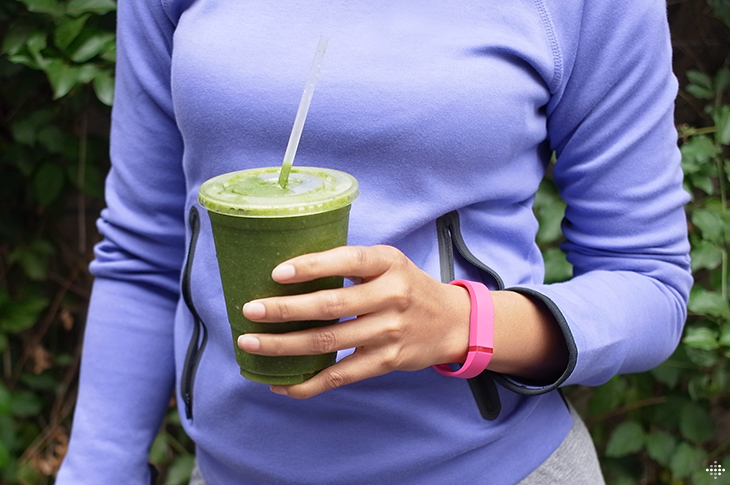
If you’re burning more calories than you’re taking in by cranking up your exercise, you should notice nice, steady weight loss. But there’s often a glitch in thinking when people ramp up their exercise. Some people feel they deserve a reward for their increased efforts, and more often than not that reward is edible—it’s something I like refer to as “marathon syndrome.”
When I look at the food journals of my clients who are training for a marathon, I often see pancakes, cookies, and other extras the day they complete a long run. I’m open to some additional calories after a 20-mile run, but I’ve noticed similar rewards in the journals of clients who have logged much lighter workouts—hence, “marathon syndrome.” Here’s how it works.
You Think You Burn More Than You Do
Even if you’re not pancaking, knowing that you have exercised can affect your food choices. In his book, Mindless Eating, Brian Wansink, director of Cornell University’s food and brand lab, describes a study on this phenomenon conducted on participants at a retreat. Before dinner, the retreat goers were divided into two groups and sent on a walk. One group was told they were headed on a scenic walk around a lake. The other group was told they were going on an exercise walk. Both walks were easy and similarly paced. However, when they returned and had dinner, the “exercise” walkers consumer more food and estimated they had burned more calories, compared to those in the “scenic walk” group.
This association between increased exercise and increased “rewards” is also confirmed in another study that looked at postmenopausal women. Researchers divided participants into groups and prescribed varying amounts of exercise. The women who did the most exercise did not lose the most weight, likely because there was also more food compensation in the high exercise group than in the low and medium groups.
You Think You Need to Fuel Before & After
Another part of “marathon syndrome” is the notion that you need pre-workout and post-workout fueling. If you’re exercising for more than an hour, or if your session will last multiple hours, you should certainly factor in pre-, post-, and during-workout nutrition. But if you’re only spending 30 minutes on the elliptical, c’mon.
A few ways to keep yourself in check:
- If you’re working out first thing in the morning for an hour or less, it’s ok to exercise on empty and then eat a meal ASAP after—this is your breakfast.
- If you exercise before dinner, you can have a 100-calorie snack an hour before working out, or 200 calories two hours before (you need about 60 minutes to digest 100 calories of food)—consider this your mid-afternoon snack.
- Some of my most successful clients have four “feedings” per day—three meals and one snack. If that works for you, plan to have your snack before or after your workout. That way you won’t end up having two breakfasts, or an extra snack, and consuming too many calories.
You Think of Food as a Reward
If weight loss isn’t your goal, “marathon syndrome” may not be a major problem for you. However, if you’re interested in dropping a few pounds, or if you notice you’re gaining weight despite an increase in effort, that’s another story. I work with clients on their self-talk. If I can help them see getting fit and lean, or slimming down, as the “prize,” sometimes it’s possible to skip the post-workout treat. Pre-planning meals and snack on more intense workout days can also help you avoid impulsive decisions.
There’s nothing wrong with having a treat or a snack, as long as you don’t think of it as a reward for working out. After all, love handles aren’t rewarding.
Have you developed a post-workout treat habit? Think you really need that treat or snack? Share your thoughts in the comments!
This information is for educational purposes only and is not intended as a substitute for medical diagnosis or treatment. You should not use this information to diagnose or treat a health problem or condition. Always check with your doctor before changing your diet, altering your sleep habits, taking supplements, or starting a new fitness routine.

If you have questions about a Fitbit tracker, product availability, or the status of your order, contact our Support Team or search the Fitbit Community for answers.
Please note: Comments are moderated and may not appear immediately after submission.